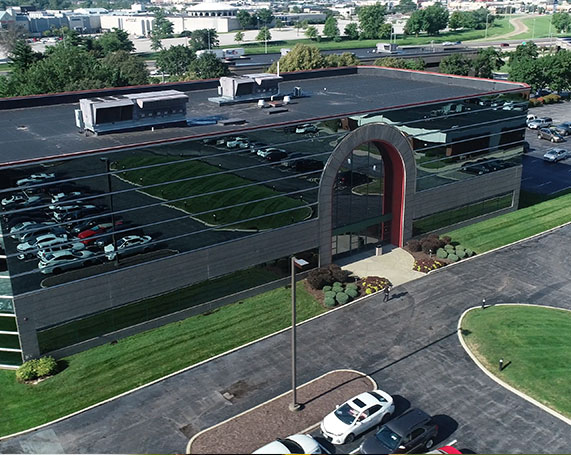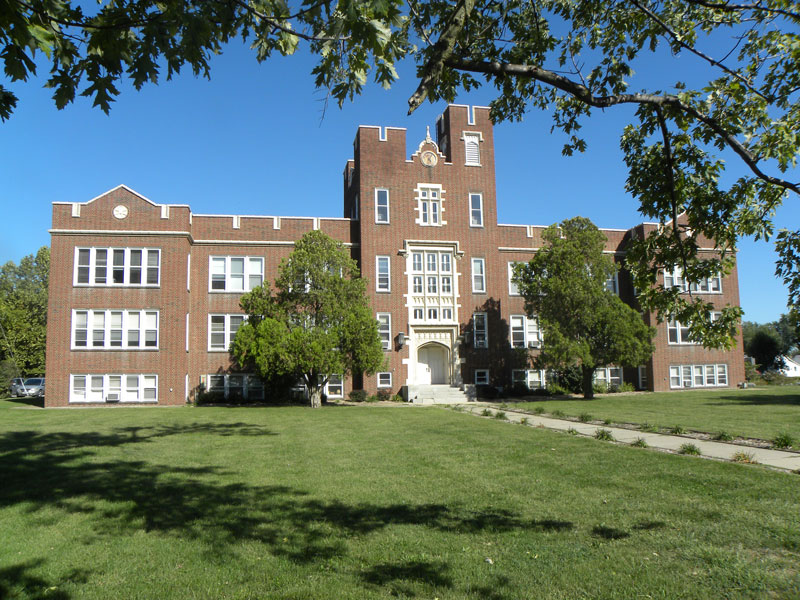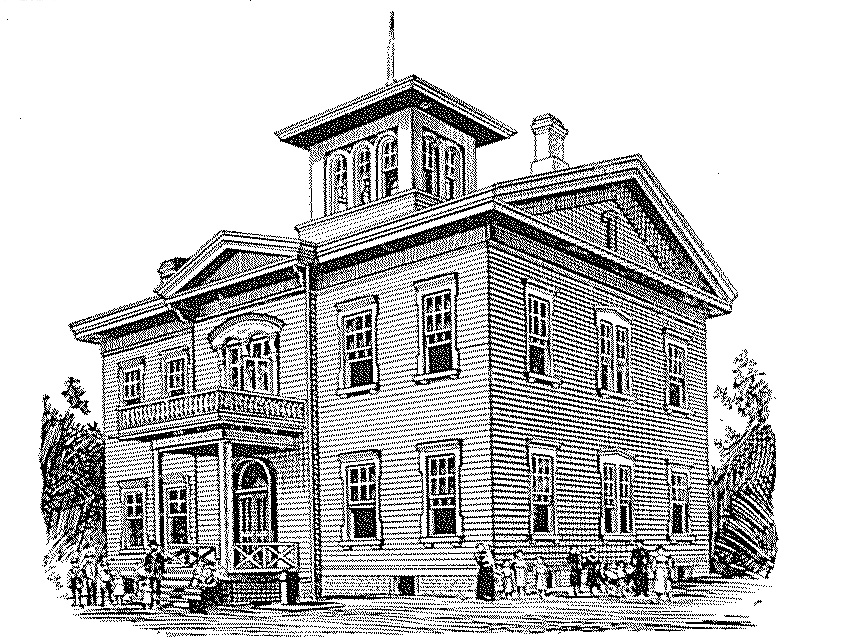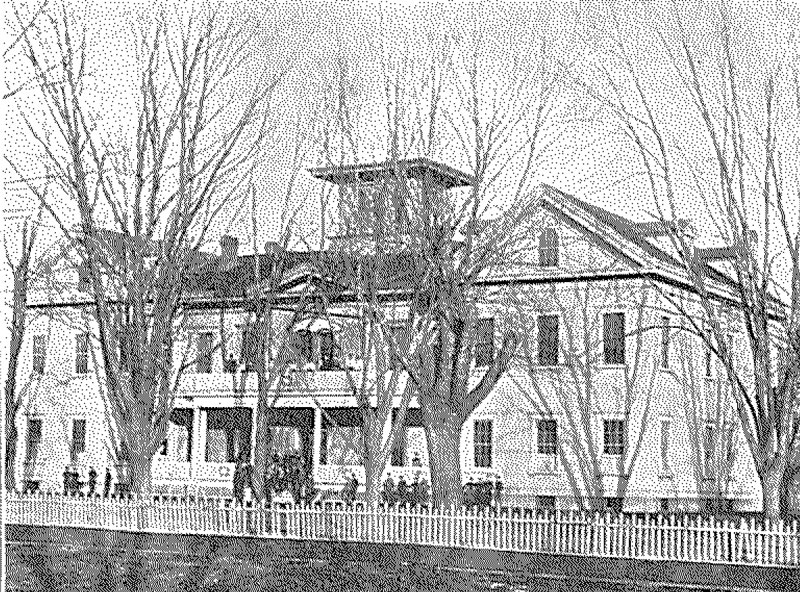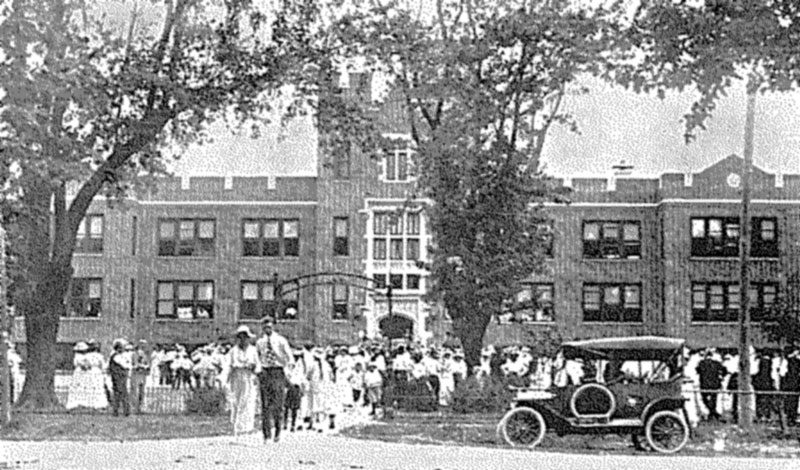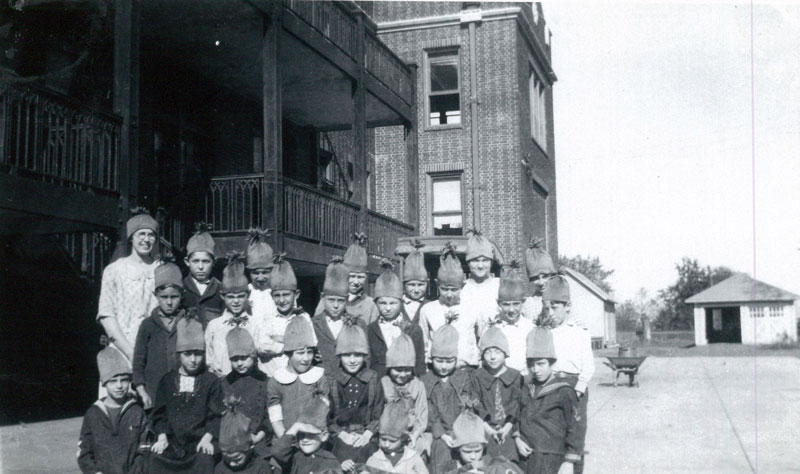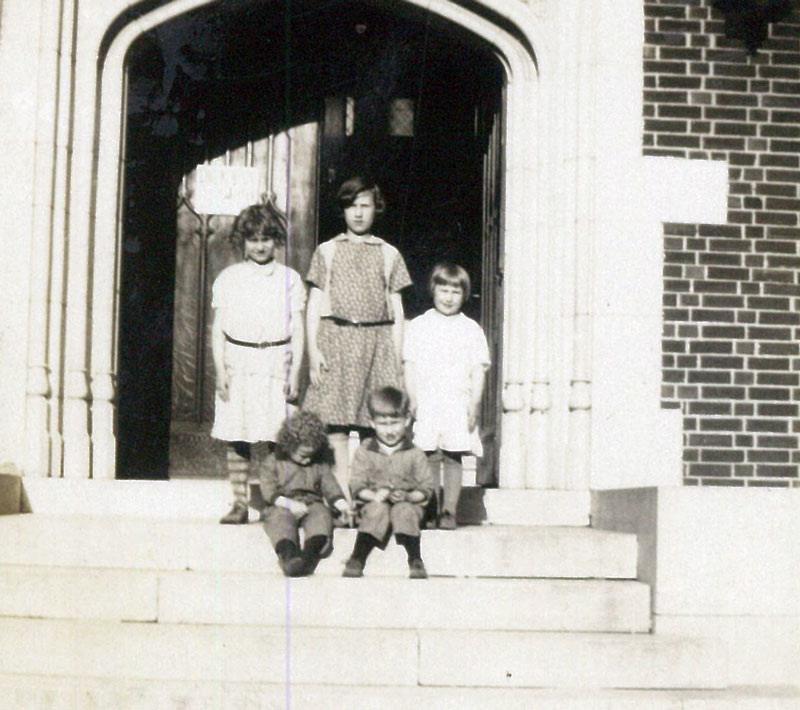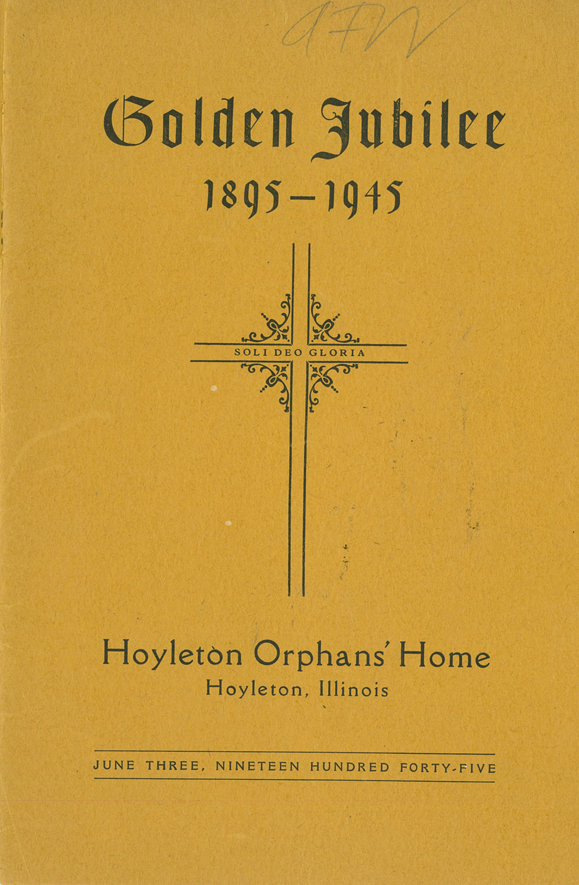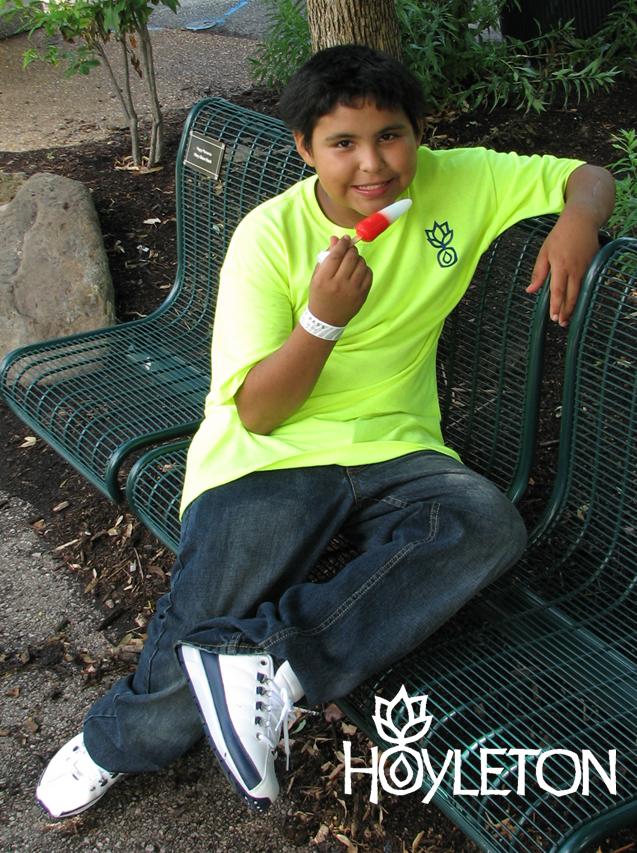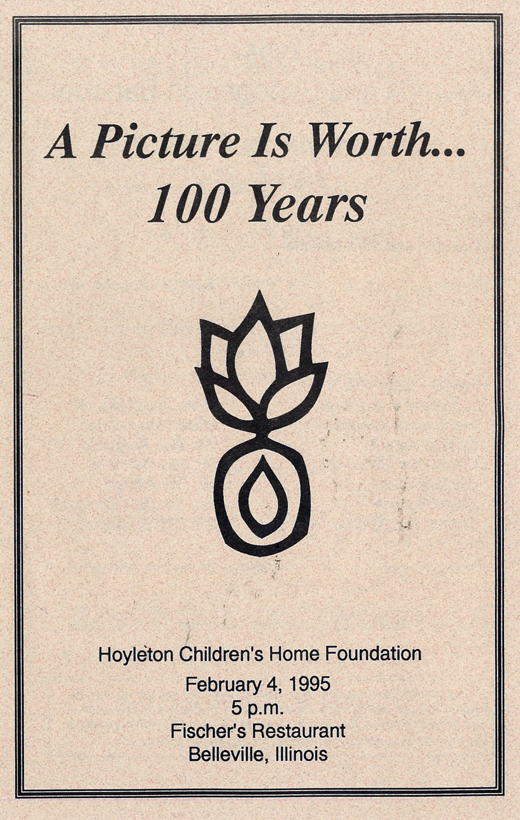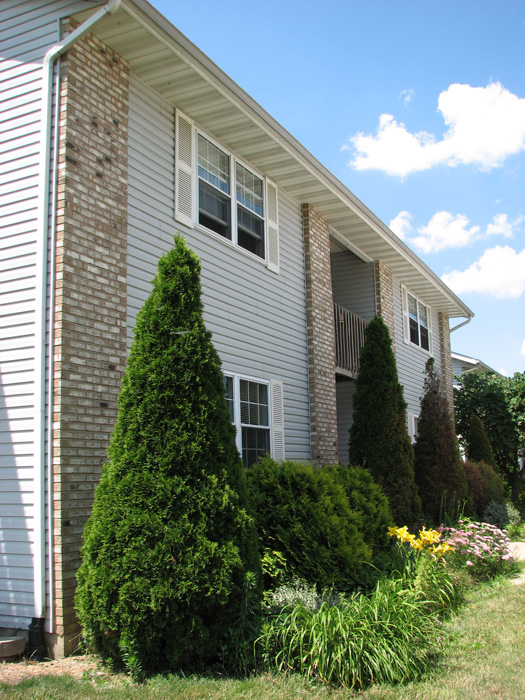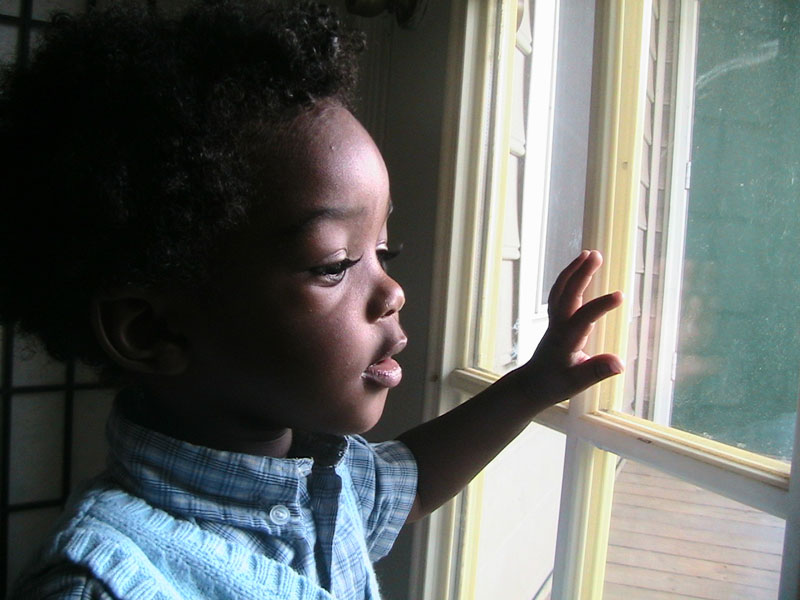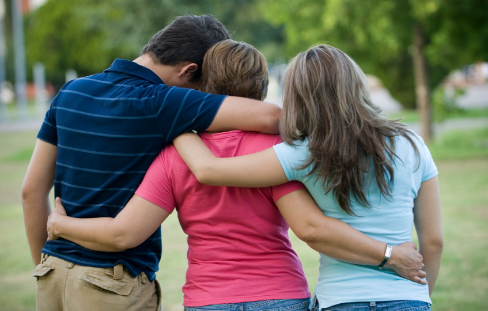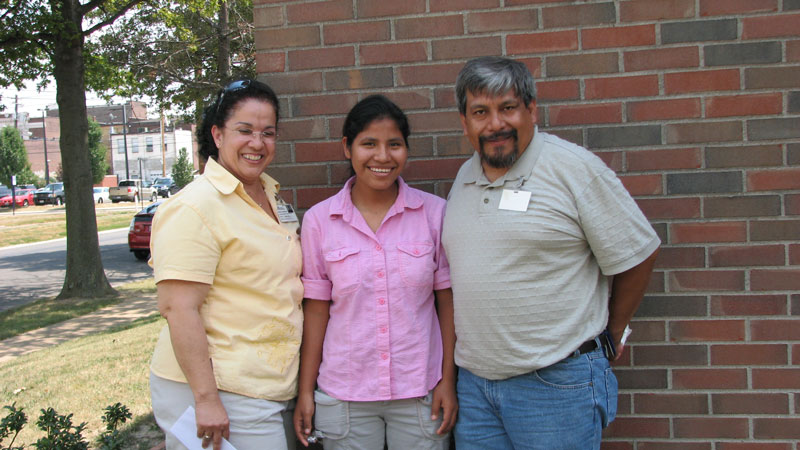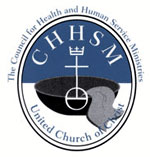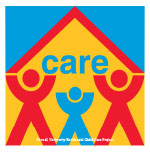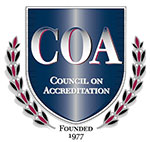Hoyleton History
For over 129 years, Hoyleton has created a better world for the children and families we serve. Hoyleton was founded as an orphanage in 1895 and we can trace our beginnings back to the former Evangelical and Reformed Church (now known as the United Church of Christ). Our long and successful history is not a laurel for us to rest upon, we see it as a challenge to continue to look for innovative ways to evolve with our client’s changing needs. We believe that this forward-thinking attitude will allow us to touch more lives in more ways than ever before.
